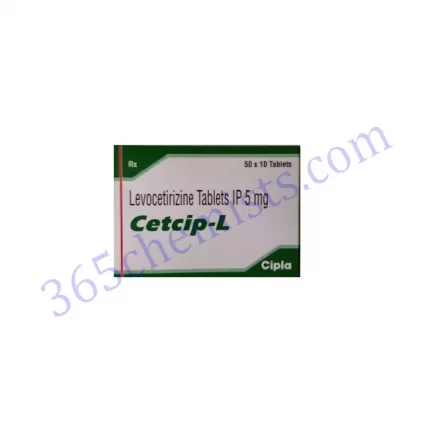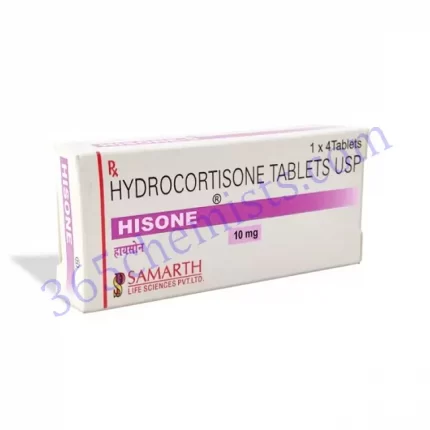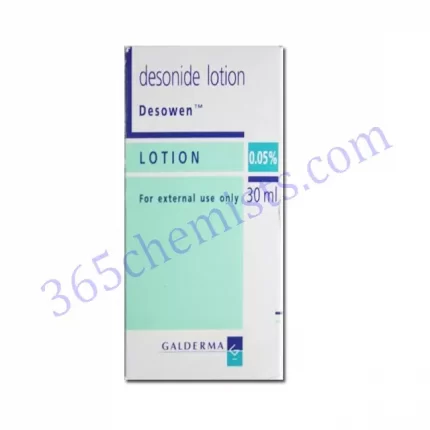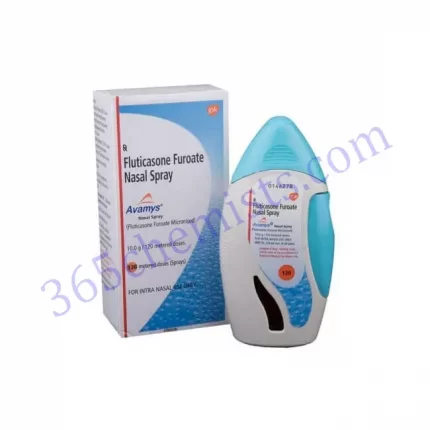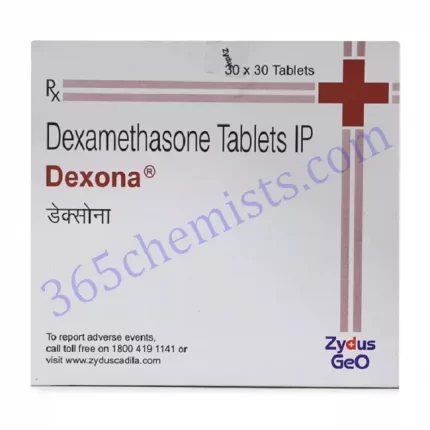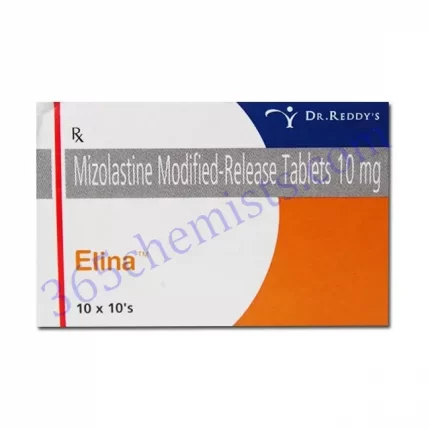About Cutisoft Cream 15gm
Cutisoft Cream 15gm belongs to a class of medications called “Corticosteroids” prescribed for various allergic and inflammatory conditions, including severe illnesses like cancer and autoimmune diseases. Cutisoft Cream 15gm primarily treats and reduces symptoms of a wide range of inflammation, allergic disorders, autoimmune diseases, infections, cancer and flare-ups of ongoing illnesses. CutisoftCream 15gm is used as an anti-inflammatory medication (to decrease excess fluid overload) associated with spine and brain tumour (cancer), gastrointestinal inflammation disease (Crohn’s disease, ulcerative colitis, piles), joint disorder (rheumatoid arthritis), allergies (asthma), autoimmune diseases (lupus) and to enhance appetite in the cancer patients. In addition to this, Cutisoft Cream 15gm also reduces the eye/ear inflammation.
Cutisoft Cream 15gm contains ‘Hydrocortisone’ usually prescribed as a short-term medication to treat and prevent various inflammation in the body. Corticosteroids are naturally found in our body and intake of Cutisoft Cream 15gm boost our body with an extra corticosteroid to treat multiple illnesses, including inflammation and allergies in the body. Cutisoft Cream 15gm is a corticosteroid that reduces inflammation/swelling and redness by preventing infection-fighting white blood cells (WBCs) from travelling to the area of swelling in your body. Besides this, it also blocks chemical messenger in the brain that is responsible for causing inflammation and pain, helping reduce symptoms in various diseases. Thereby, it lowers inflammation, which could otherwise make the condition worse. Effectively, Cutisoft Cream 15gm helps to treat a wide range of inflammatory, allergic and autoimmune diseases.
Cutisoft Cream 15gm contains ‘Hydrocortisone’ available in oral form, injection, inhalers and spray, cream, ointment, eyes drops, foam or suppositories. Cutisoft Cream 15gm must be taken regularly to get the maximum benefit of CutisoftCream 15gm. Most of the side effects of Cutisoft Cream 15gm do not require medical attention and gradually resolve over time. Common side effects include stomach upset, mood changes, weight gain, oral thrush (prone to fungal infection). However, if the side effects are persistent and worsen, reach out to your doctor.
It is not advisable to suddenly stop this medicine to avoid unpleasant side effects and sudden withdrawal symptoms. Inform your doctor if you have any muscle weakness (myasthenia gravis) lung disease, kidney disease, high blood pressure or heart problem, blood cancer, migraine (severe headache), epilepsy (fits), tuberculosis (TB), depression. While taking Cutisoft Cream 15gm, do not contact anyone who has shingles, chickenpox or measles. If you accidentally come in contact with any person having them, please inform your doctor immediately as it requires special treatment if you have not had these illnesses. Please tell your doctor if you have had an accident, need to undergo a scheduled surgery, are ill, need a vaccination (especially a live vaccination), as your doctor might discontinue Cutisoft Cream 15gm in these conditions. Please consult your doctor before taking Cutisoft Cream 15gm if you are planning to get pregnant, are pregnant or breastfeeding as Cutisoft Cream 15gm is not recommended usually unless prescribed by the doctor.
Uses of Cutisoft Cream 15gm
Inflammation, Allergies, Asthma, Auto-immune diseases, Cancer, Rheumatoid arthritis, Piles (hemorrhoids), Ulcerative colitis, Mouth ulcers
Medicinal Benefits
Cutisoft Cream 15gm contains ‘Hydrocortisone’ usually prescribed as a short-term medication to treat and prevent various inflammation in the body. Corticosteroids are naturally found in our body and intake of Cutisoft Cream 15gm, boost our body with an extra corticosteroid to treat multiple illnesses, including inflammation and allergies in the body. Cutisoft Cream 15gm is a corticosteroid that reduces inflammation/swelling and redness by preventing infection-fighting white blood cells (WBCs) from travelling to the area of swelling in your body. It also blocks chemical messenger in the brain that is responsible for causing inflammation and pain, helping reduce symptoms in various diseases. As a result, it lowers inflammation, which could otherwise make the condition worse. Effectively, Cutisoft Cream 15gm helps to treat a wide range of inflammatory, allergic and autoimmune diseases.
Directions for Use
Storage
Side Effects of Cutisoft Cream 15gm
Like all medicines, Cutisoft Cream 15gm can cause side effects, although not everybody gets them. Common side effects include stomach upset, mood changes, weight gain, oral thrush (prone to fungal infection). If you are using the injection form of Cutisoft Cream 15gm, it may cause application site reactions, which will disappear soon. Most of the side effects of Cutisoft Cream 15gm do not require medical attention and gradually resolve over time. However, if the side effects are persistent, reach out to your doctor. If you experience any allergic reaction symptoms such as rashes, itching, swelling, shortness of breath, etc., you should immediately contact the doctor.
In-Depth Precautions and Warning
Drug Warnings
Do not take Cutisoft Cream 15gm if you are allergic to any corticosteroids or any of the ingredients of Cutisoft Cream 15gm. If you are pregnant, planning for pregnancy, or breastfeeding, it is recommended usually not to take Cutisoft Cream 15gm unless prescribed by the doctor. Long term use of Cutisoft Cream 15gm in children’s should be avoided as it may lead to slow growth. Do not abruptly stop taking Cutisoft Cream 15gm as you might feel a headache or problem with vision, fever, pain in muscles, which are withdrawal symptoms of Cutisoft Cream 15gm. Consult your doctor and your dose be lowered gradually to avoid any withdrawal symptoms. While taking Cutisoft Cream 15gm, do not contact anyone who has shingles, chickenpox, or measles. If you accidentally come in contact with any person having them, please inform your doctor immediately as it requires special treatment if you have not had these illnesses. Intake of alcohol should be limited as it may lead to stomach ulcers when taken along with Cutisoft Cream 15gm. Inform your doctor if you have any liver or kidney disease, muscle weakness (myasthenia gravis), migraine (severe headache), depression, epilepsy (frequent fits), blood cancer, tuberculosis (TB), high blood pressure or heart problem. If you have had an accident, need to undergo a scheduled surgery, need a vaccination (especially a live vaccination), tell this to doctor that you are taking Cutisoft Cream 15gm as it needs to be stopped in all of the above conditions.
Drug Interactions
Drug-Drug interaction: This medicine may have an interaction with antibiotics (rifampicin, rifabutin, erythromycin, telithromycin, clarithromycin), anti-epilepsy medicines (phenytoin, carbamazepine, phenobarbitone, primidone), diuretics (amiloride, bumetanide, furosemide, spironolactone, triamterene), antacids (carbenoxolone), pain killer (aspirin, ibuprofen, diclofenac, naproxen), used to treat asthma and other breathing problems (theophylline, bambuterol, fenoterol, formoterol, ritodrine, salbutamol, salmeterol, terbutaline) anti-HIV medicines (efavirenz, nevirapine, indinavir, saquinavir, ritonavir, cobicistat), used to treat fungal infections (amphotericin, ketoconazole, itraconazole, posaconazole, voriconazole), anti-diabetic (metformin, chlorpropamide, tolbutamide, glipizide, glyburide), blood thinner (warfarin), oral contraceptives containing estrogen and progestogen, anti-cancer medicines (aminoglutethimide, methotrexate), anti-glaucoma medicines (acetazolamide).
Drug-Food Interaction: Cutisoft Cream 15gm interacts with St. John’s wort (an antidepressant herbal supplement) and alcohol.
Drug-Disease Interaction: CutisoftCream 15gm should not be used in people with blood cancer, muscle weakness (myasthenia gravis), kidney or liver problems, high blood pressure, heart disease, diabetes, glaucoma (increased eye pressure), an underactive thyroid gland, herpes eye infection, peptic ulcer, tuberculosis (TB), osteoporosis (thinning of bones), depression, epilepsy (fits), migraines.



